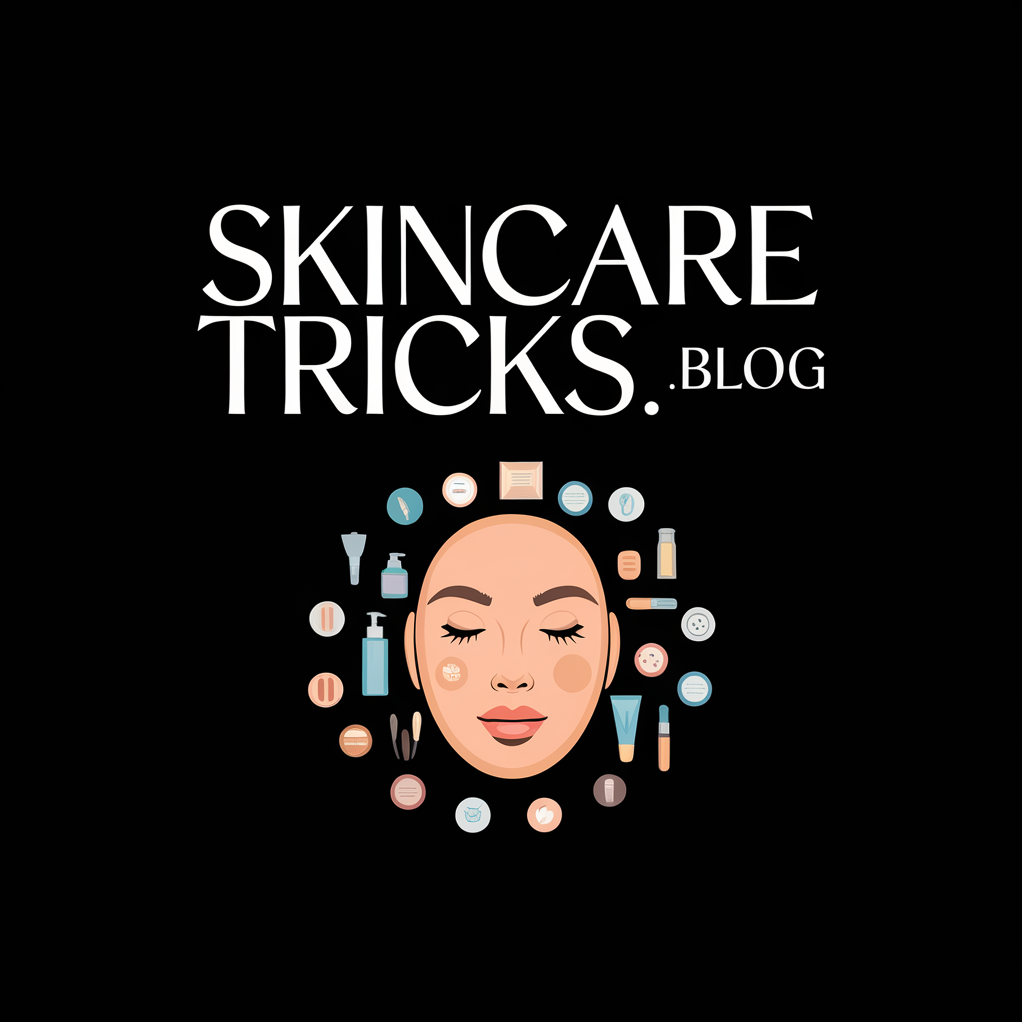The Link Between My Sleep Habits and Breakouts Was Shocking
Have you ever considered how your sleep habits might be affecting your skin? Research suggests that sleep plays a critical role in various skin repair processes, including collagen production and inflammation reduction. If you struggle with breakouts, the connection could be closer than you think. Understanding this relationship might just change your perspective on skincare and overall well-being. What happens when you become more mindful of your rest?
Understanding the Skin’s Repair Cycle During Sleep
Why is sleep essential for your skin’s health?
During sleep, your skin engages in a vital repair cycle, repairing damage and boosting regeneration.
The sleep skin connection highlights how adequate rest enhances skin barrier function and hydration.
Insufficient sleep disrupts these processes, leading to increased inflammation and breakouts.
Moreover, collagen production during sleep is key to maintaining skin elasticity, which can be negatively impacted by lack of rest.
Prioritizing sleep can profoundly affect your skin’s appearance and overall health.
The Hormonal Connection Between Sleep and Skin Health
While you sleep, your body regulates several hormones that play crucial roles in maintaining skin health.
Growth hormone enhances cell regeneration, while cortisol levels decrease, reducing inflammation.
Additionally, melatonin promotes antioxidant production, helping to combat oxidative stress.
Inadequate sleep disrupts these hormonal balances, leading to impaired skin barrier function and increased susceptibility to breakouts.
Prioritizing restorative sleep is essential for optimal skin health. Furthermore, establishing a consistent sleep schedule can dramatically improve your sleep quality, fostering better hormonal regulation and skin repair processes.
Stress and Sleep: A Recipe for Breakouts
Inadequate sleep not only disrupts hormone regulation but also heightens stress levels, creating a cycle that can lead to increased skin issues, including breakouts.
When you’re stressed, your body releases cortisol, which can trigger oil production in your skin. This excess oil clogs pores and fosters bacteria, ultimately resulting in inflamed, breakout-prone skin.
Prioritizing quality sleep can help mitigate these adverse effects. Additionally, maintaining hydration is essential for overall skin health, as it contributes to skin elasticity.
Sleep Deprivation and Its Impact on Inflammation
Sleep deprivation significantly amplifies inflammation in the body, which can exacerbate skin conditions, including acne.
When you’re not getting enough rest, your immune system struggles, leading to increased inflammatory markers.
- Elevated cortisol levels
- Heightened oxidative stress
- Impaired skin barrier function
Recognizing this connection can aid in managing not only your skin’s appearance but also overall health by prioritizing restorative sleep. Additionally, understanding how stress hormones affect skin health can provide further insight into potential improvements.
The Role of Sleep Quality in Hormonal Balance
Quality rest plays a crucial role in maintaining hormonal balance, impacting everything from stress levels to skin health.
When you’re sleep-deprived, cortisol rises, leading to increased stress and inflammation. This imbalance can trigger acne flare-ups and affect other hormones like insulin and estrogen.
Prioritizing sleep quality allows your body to regulate these hormones effectively, promoting overall skin health and reducing breakouts. Additionally, maintaining adequate hydration is essential for supporting your skin’s recovery during restful sleep.
Tips for Improving Sleep to Enhance Skin Health
While it may seem trivial, the way you approach your bedtime routine can significantly influence your skin health. By prioritizing quality sleep, you can enhance your skin’s appearance.
Here are some tips to consider:
- Establish a consistent sleep schedule.
- Create a calming pre-sleep environment, minimizing blue light exposure.
- Practice relaxation techniques, such as deep breathing or meditation, before bed.

